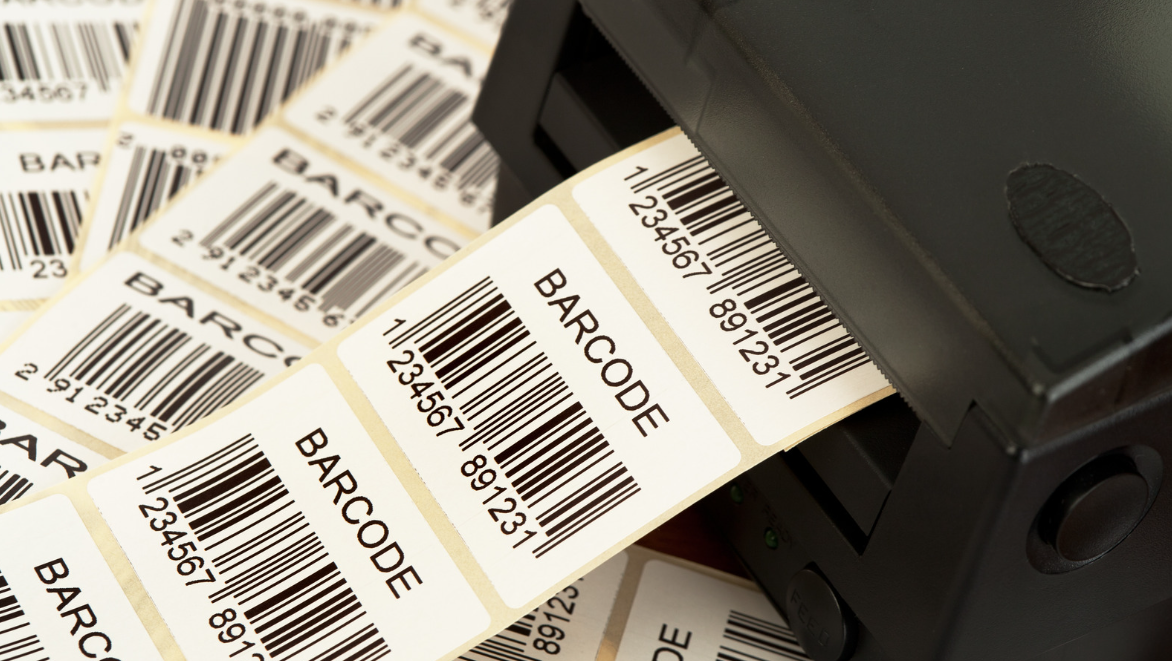
Shipment control and ongoing monitoring key to increasing customer satisfaction in Shiper
Customer satisfaction is a key element of loyalty, which is why brand-related satisfaction is one of the fundamental success factors for any company. Shiper – a system that supports integration with courier companies – guarantees transparency and security of the entire delivery process through the ability to control the shipping process and continuous monitoring.
What is shipment control and monitoring?
Shipment control and monitoring refer to the processes of tracking, managing and evaluating shipments or deliveries of goods from origin to destination. These terms are often used in the context of logistics, transport and supply chain management.
Control of shipments
- Shipping control involves planning, organising and supervising the process of delivering goods from point A to point B.
- It usually involves tracking the status of a shipment, verifying delivery dates and identifying any problems or delays in delivery.
Monitoring of shipments
- Shipment monitoring is a more sophisticated process that often uses technology to track and analyse various aspects of deliveries.
- It can include the use of GPS systems, supply chain management software or advanced analytical tools.
- Shipment monitoring can provide data on delivery performance, transit times, costs and other key performance indicators (KPI).
- Advanced monitoring systems can also use predictive analysis to forecast potential problems and optimise logistics processes.

Why control and monitor shipments?
Controlling the shipping process is essential to maintain an orderly logistics system and to ensure on-time delivery for a large number of daily orders. The implementation of this system allows the company to stand out in the competitive environment of the e-commerce industry and to significantly raise customer service standards. Increasing the overall efficiency of the logistics process is also an important aspect.
Monitoring delivery not only allows close control over the quality of the service, thus eliminating uncertainty, but also builds trust in the company and its services. Detailed process control allows the identification of areas that can be optimised in terms of costs. Reducing losses and eliminating unnecessary delays translates not only into customer satisfaction, but also into a more efficient use of company resources. As a result, the company can focus on improving its business model, which further contributes to its success in the market.
How do we control shipments in the Shiper system?
The mechanism for controlling shipments within our proprietary Shiper system is based on the clear presentation of shipment statuses. The process starts with the registration of the parcel in the system, and when it is shipped, it receives the status “Awaiting courier”. Once the parcel is picked up by the courier, the system indicates that it has been handed over to the supplier. The final step is to record the delivery of the parcel, which is also shown in the system.
In addition, it is possible to assign additional statuses, for example, during the generation of the consignment note, which is given the status ‘Processing’. In the meantime, the parcel may be returned to the sender, cancelled or any problem may occur, resulting in a change of status. Thanks to this transparency, the Shiper system user has a constant overview of the status of his or her shipment, which increases his or her sense of confidence and satisfaction with the service.
Benefits of controlling and monitoring shipments in the Shiper system
- Shipper tracking: A shipper using Shiper gains the ability to fully track a shipment, monitor delivery times and respond to any delays. This enables positive relationship building with customers, increases trust and efficiency in order fulfilment.
- Scheduling of collection by the consumer: By being informed by the courier companies of the current location of the parcel, the consumer can effectively schedule a pick-up at a time that is convenient for them. This not only affects the comfort of the recipient, but also builds a sense of control over the entire delivery process.
- Elimination of uncertainty and dissatisfaction: Access to real-time shipment status information eliminates uncertainty and potential dissatisfaction associated with a lack of transparency in the delivery process. The customer has full visibility, which translates into a positive purchasing experience.
- Cost optimisation in the logistics process: Precise control of the logistics process in Shiper makes it possible to identify areas for optimisation. The company can make efficient use of resources and reduce operating costs, which affects both the profitability of the company and maintaining competitiveness in the market.
Controlling shipments is the key to customer satisfaction
Nowadays, consumers not only direct their expectations towards products of the highest quality, but also demand prompt, trouble-free and transparent deliveries. In the context of the Shiper system, control over the shipping process and continuous monitoring are an important factor in determining overall customer satisfaction. With this function, we gain a complete overview of the current stage of the shipment’s journey.



